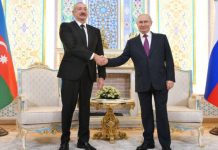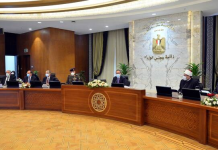New Delhi, JAN 8: India has extended the visa of Bangladesh’s former Prime Minister Sheikh Hasina – who fled her country last year amid political turmoil – even as Dhaka’s interim government continues to push for her extradition.
Sheikh Hasina – who left Dhaka on August 5, 2024 – following violent student-led protests that left over 500 dead, has been residing in New Delhi under tight security.
While her stay has led to speculation regarding asylum, Indian authorities have categorically denied such claims.
“This is purely a technical extension to facilitate her stay,” an Indian government source said, emphasizing that the country does not have specific laws for granting asylum.
Hasina’s visa extension coincides with a formal extradition request submitted by Bangladesh’s interim government, headed by Nobel laureate Muhammad Yunus, on December 23. The government alleges that Hasina was involved in incidents of violence and enforced disappearances during the 2024 protests.
Political underpinnings
Bangladesh’s immigration authorities further escalated the matter by revoking the passports of 97 individuals, including Hasina, on Tuesday. Abul Kalam Azad Majumder, a spokesperson for Yunus, alleged that Hasina and others were implicated in “enforced disappearances and killings” during the protests.
“Passports of 22 individuals were revoked for their involvement in enforced disappearances, while 75 others, including Sheikh Hasina, were implicated in the July killings,” Majumder told reporters in Dhaka, as per state-run BSS news agency.
Critics, however, argue that the charges against Hasina are politically motivated. Analysts see the move as an attempt by the interim government to consolidate power ahead of Bangladesh’s upcoming general elections.
India’s diplomatic tightrope
India now faces a diplomatic quandary. While extending Hasina’s visa is unlikely to immediately affect bilateral ties, Dhaka’s extradition request has added complexity to an already delicate situation.
Observers note that India’s decision to grant a visa extension rather than address extradition demands reflects its cautious approach. “This issue is not merely legal but deeply political,” said a foreign policy expert in New Delhi.

















